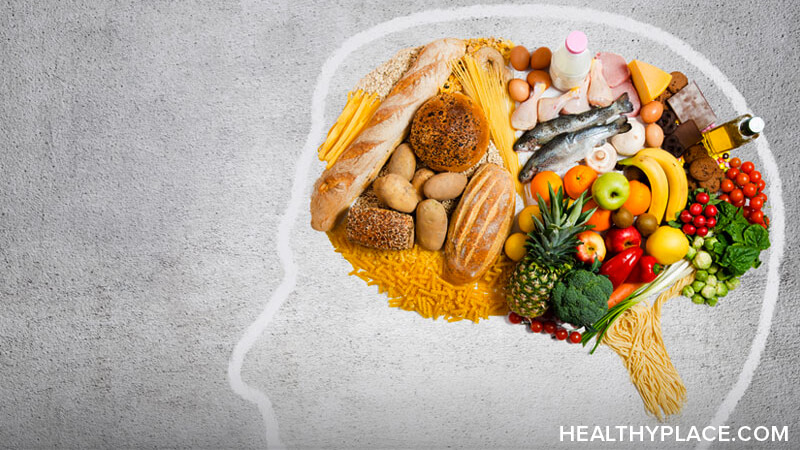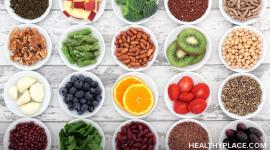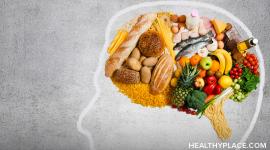Food and Mood: How Food Affects Your Moods

Surprise! Food and mood are related and science has shown that the food you eat can affect your mood. (Get your own food and mood diary.)
In the health-conscious world of today, it’s pretty commonplace to hear there are foods for mental health and that organic, natural food is good and sugary food is bad. True, there are sub-strains of those conversations that talk about superfoods and how they’ll lead to a healthier life physically, but what’s often missing is the piece of the conversation that talks about how food can make a difference on mood.
What Is Mood?
Before we talk further about food and mood, let’s define what mood is. Mood is most simplistically defined as a feeling. It’s the emotions you feel at any given time and these are seen as temporary states of being. Mood can contribute to and can be affected by mental health when looking at mental health, not as a synonym for mental illness, but rather it’s the definition of mental wellbeing. That’s not to say it can’t be a part of mental illness though since there are mood disorders such as depression. So, when talking about mood it can be difficult to separate the two, especially with the desire to have longer-lasting good moods.
Food Affects Mood: It’s Science
Similar to how healthier foods can have positive effects on your body, they can also have positive effects on the mind (see Best Foods for Mental Health). How is that possible? Our bodies are simply better equipped to absorb natural, healthy foods. Those same healthy foods also contribute to and promote the development of brain chemicals that regulate our moods, such as serotonin and dopamine.
Serotonin and dopamine are neurotransmitters linked to mood and feelings. In particular, serotonin is known for mood management and dopamine goes hand-in-hand with pleasure. Therefore, it only makes sense that finding foods that promote those two brain chemicals would be a mood booster.
Food and Mood: Which Foods Help Mood?
With this food and mood connection in mind, the next question is what to eat? It’s easy enough to say “eat healthy,” but there are certain foods that can bring about better results. Here’s a snippet of the foods to add to your grocery cart and which ones to leave sitting on the shelf.
Foods such as salmon, lentils, and collard greens are just a few examples of foods that contribute to good moods. The nutrients, such as B vitamins, iron, and potassium, in these foods work with that natural body chemistry to bring about good mood stability. These kinds of foods can also contribute to overall brain functionality and energy, which both have a role to play with mood as well. Ever feel cranky because you have no energy?
The bad or unhealthy foods are probably the ones you would expect: sweets, chips, deep-fried foods. While there’s a certain pleasure in eating them at the moment, they don’t contribute to your overall mood because they don’t offer a lot of the good nutrients that healthier food does. In addition, whatever nutrients there are, they aren’t absorbed the same way as nutrients from healthy foods because of how they’re processed. Therefore, the human body doesn’t use them to their potential.
For a broader idea of what foods to look for, take a look at this list of 10 food mood boosters or check in with a nutritionist.
APA Reference
Barton, L.
(2021, December 30). Food and Mood: How Food Affects Your Moods, HealthyPlace. Retrieved
on 2025, November 29 from https://www.healthyplace.com/self-help/food-mental-health/food-and-mood-how-food-affects-your-moods



